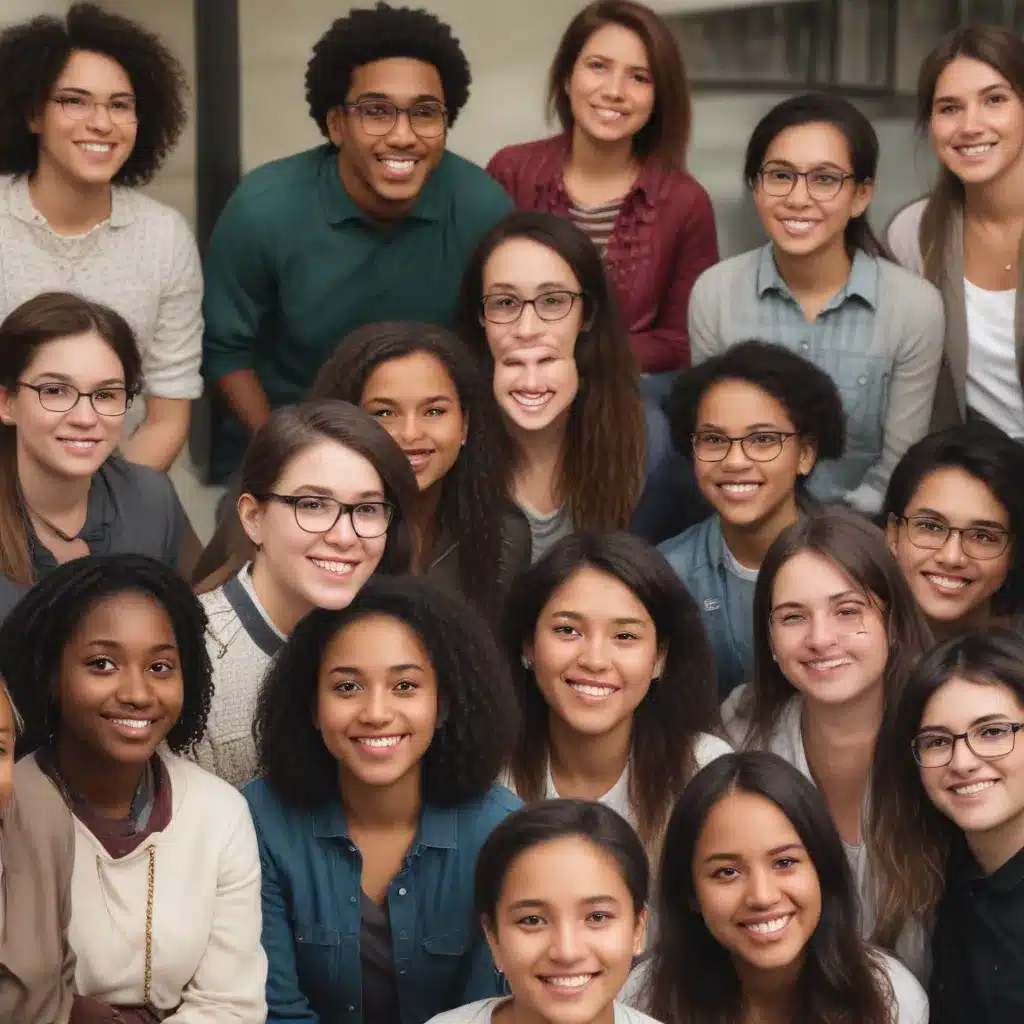
The Importance of Intercultural Communication in Education
In our increasingly diverse and interconnected world, the ability to communicate effectively across cultural boundaries has become essential. As the student population at Stanley Park High School continues to become more multicultural, fostering a climate of intercultural understanding and dialogue is crucial for student success and personal growth.
Intercultural communication involves the exchange of ideas, knowledge, and perspectives between individuals from different cultural backgrounds. It encompasses various aspects, such as language skills, customs, ways of thinking, social norms, and nonverbal cues. Developing competence in this area not only enhances academic performance but also prepares students for the realities of an increasingly globalized society.
By promoting intercultural dialogue, we can create an environment where students feel valued, respected, and inspired to learn from one another. This not only benefits individual students but also strengthens the school community as a whole, cultivating a deeper appreciation for diversity and a shared sense of belonging.
Establishing Student Discussion Groups
One effective way to foster intercultural dialogue at Stanley Park High School is through the implementation of student discussion groups. These groups provide a safe and inclusive space for students to share their personal experiences, explore cultural differences, and engage in meaningful conversations.
The structure of these discussion groups can be flexible, allowing for both small-group and larger-group formats. The key is to create an atmosphere of mutual respect and active listening, where students feel empowered to share their stories and perspectives without fear of judgment.
These discussion groups can be organized around various themes, such as cultural traditions, language barriers, or personal identity. By addressing these topics in a structured and facilitated setting, students can develop a deeper understanding of their peers’ backgrounds and experiences.
Additionally, these discussion groups can be integrated into the curriculum, reinforcing the importance of intercultural communication across academic disciplines. Teachers can incorporate discussion prompts or group activities that encourage students to explore cultural differences and find common ground.
Hosting Intercultural Panel Discussions
Another powerful way to foster intercultural dialogue at Stanley Park High School is through the organization of panel discussions. These events bring together individuals from diverse cultural backgrounds to share their experiences, perspectives, and insights with the school community.
Panel discussions can cover a wide range of topics, such as navigating cultural identity, the challenges of adapting to a new country or education system, or the importance of celebrating diverse cultural traditions. By hearing directly from panelists, students can gain a deeper understanding of the experiences and perspectives of their peers.
These panel discussions should be designed to encourage active participation from the audience. After the initial presentations, students should be given the opportunity to ask questions, share their own experiences, and engage in open dialogue with the panelists.
To ensure the panel discussions are truly inclusive and representative, it is essential to invite a diverse range of panelists, including students, teachers, and community members. This will not only provide a multifaceted understanding of the topic at hand but also demonstrate the school’s commitment to celebrating the rich diversity within the community.
Fostering a Climate of Intercultural Understanding
Beyond the implementation of student discussion groups and panel discussions, Stanley Park High School can take additional steps to create a climate that fosters intercultural understanding and dialogue.
Inclusive Curriculum and Classroom Practices
Incorporate diverse perspectives and cultural narratives into the curriculum, ensuring that students are exposed to a wide range of experiences and worldviews. This can be achieved through the selection of course materials, the inclusion of guest speakers, and the integration of cultural-awareness activities.
Additionally, teachers should strive to create a classroom environment that celebrates diversity and encourages students to share their unique backgrounds and experiences. This may involve implementing culturally responsive teaching strategies, such as using inclusive language, acknowledging cultural holidays and traditions, and incorporating cultural references into lesson plans.
Professional Development for Educators
Provide ongoing professional development opportunities for teachers and staff to enhance their knowledge and skills in the area of intercultural communication. This can include workshops, training sessions, or collaborative learning experiences that focus on topics such as cultural sensitivity, language barriers, and strategies for creating inclusive learning environments.
By equipping educators with the necessary tools and understanding, Stanley Park High School can ensure that all students feel valued, respected, and supported in their educational journey.
Partnerships with Community Organizations
Cultivate partnerships with local community organizations, cultural centers, and diversity-focused groups to leverage their expertise and resources. These collaborations can lead to the organization of cultural events, the development of mentorship programs, or the facilitation of joint initiatives that bring together students from diverse backgrounds.
Such partnerships not only broaden the school’s network but also provide valuable opportunities for students to engage with the wider community, fostering a sense of belonging and cross-cultural understanding.
Conclusion
In the increasingly diverse and interconnected world, the ability to communicate effectively across cultural boundaries has become essential for student success and personal growth. By establishing student discussion groups, hosting intercultural panel discussions, and implementing a range of inclusive practices, Stanley Park High School can create a vibrant and welcoming environment that celebrates diversity and fosters meaningful dialogue.
Through these initiatives, students will gain a deeper understanding of their peers’ experiences, develop empathy and respect for cultural differences, and acquire the skills necessary to thrive in an increasingly globalized society. By embracing and celebrating the rich diversity within the school community, Stanley Park High School can empower its students to become engaged, informed, and culturally competent citizens, ready to make a positive impact in the world.

